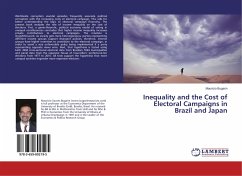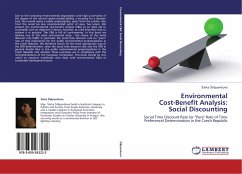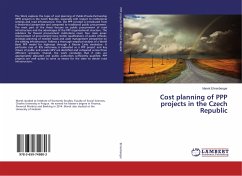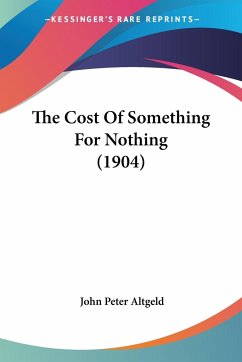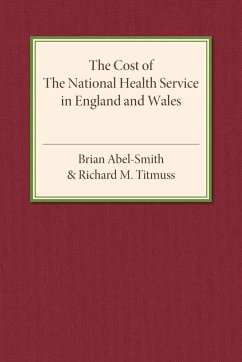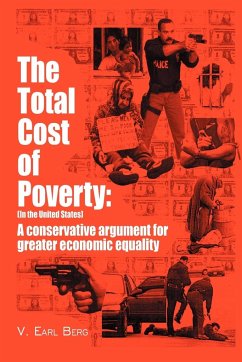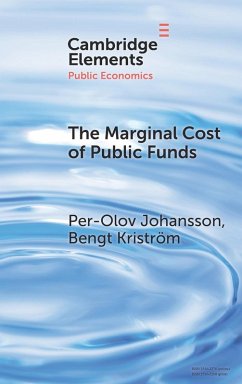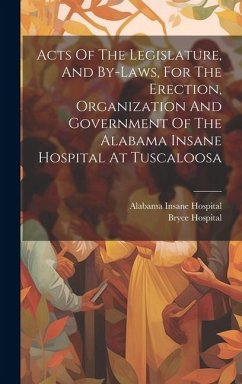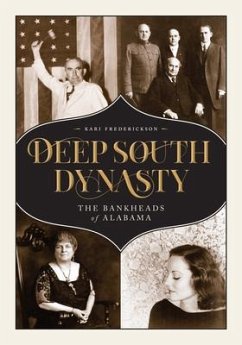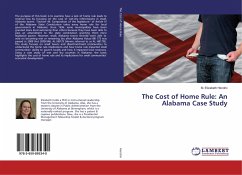
The Cost of Home Rule: An Alabama Case Study
Versandkostenfrei!
Versandfertig in 6-10 Tagen
22,99 €
inkl. MwSt.

PAYBACK Punkte
11 °P sammeln!
The purpose of this book is to examine how a lack of home rule leads to revenue loss by focusing on the case of wet-dry referendums in small, Alabama towns. "Section 44. Composition of the legislature" of Article IV of the Alabama State Constitution takes away home rule for local governments in Alabama. Since 1936, some municipalities have been granted more local autonomy than others because they have been able to pass an amendment to the state constitution granting them more legislative power. However, small, Alabama towns recently were able to vote on becoming wet or remaining dry after Alab...
The purpose of this book is to examine how a lack of home rule leads to revenue loss by focusing on the case of wet-dry referendums in small, Alabama towns. "Section 44. Composition of the legislature" of Article IV of the Alabama State Constitution takes away home rule for local governments in Alabama. Since 1936, some municipalities have been granted more local autonomy than others because they have been able to pass an amendment to the state constitution granting them more legislative power. However, small, Alabama towns recently were able to vote on becoming wet or remaining dry after Alabama House Bill 175 was passed in 2009 (Act 2009-546, AL HB175 [Herein referred to as AL HB175]). The study focuses on small towns and disenfranchised communities to understand the home rule implications and how home rule impacted small communities' ability to govern locally and how it impacted local revenues. Using a case study of wet and dry counties in Alabama, the book highlights the costof home rule and its implications for small communities' economic development.



